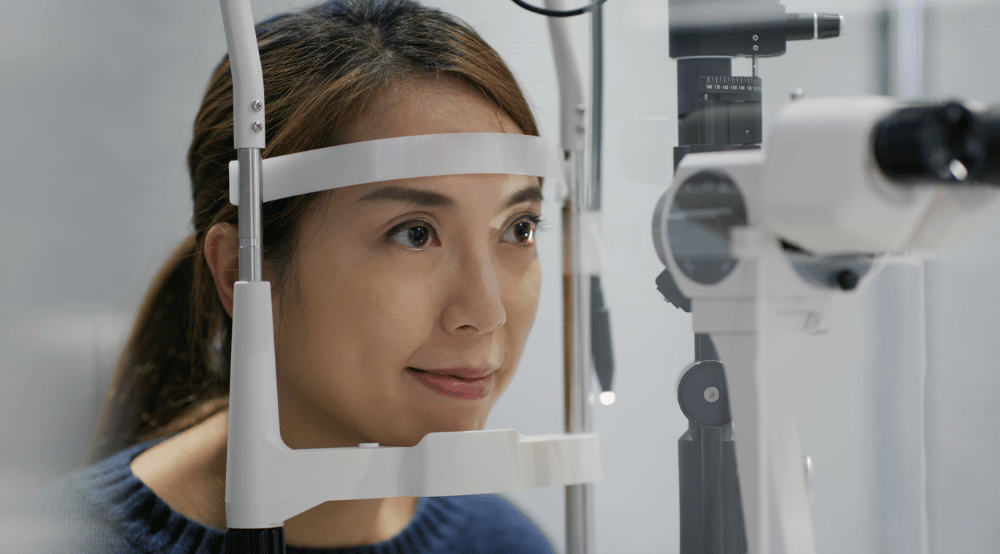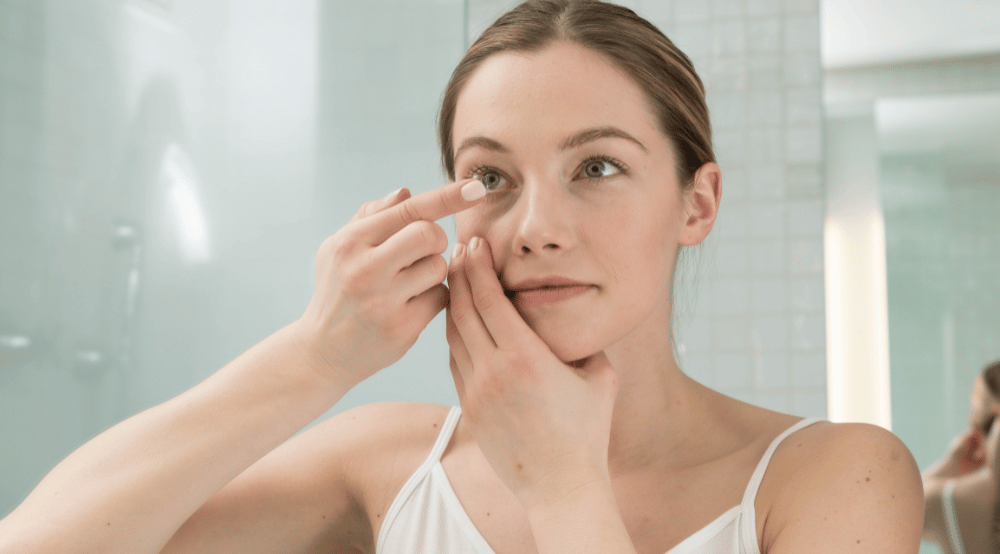Screen time is the amount of time a person spends staring at digital displays including computers, tablets, smartphones, and TVs. In our modern and technology-focused world, children are spending a significant amount of time on digital displays for educational and recreational purposes. Children who spend several hours on digital devices are at risk of developing vision-related problems.
Average time children spend on digital devices
According to the Vision Council, 72% of American parents report their children regularly spend more than two hours on screens per day. Children likely spend significantly more time on screens than their parents think. Common Sense Media reports that children under the age of eight spend more than two hours a day with screen media. For 8 to 10-year-olds, screen time triples to six hours per day. Middle and high schoolers spend up to nine hours per day looking at digital displays.
Risks of screen time
Too much screen time can be dangerous for anyone’s eyes, children included. Screens emit a broad spectrum of visible light. While most of these light rays are harmless, blue light is a high-energy visible light that can cause damage to your eyes. Blue light has shorter wavelengths and higher energy, causing harm to the retina over time. Overexposure to blue light can cause:
- Difficulty sleeping
- Headaches
- Neck/shoulder pain
- Eye strain
- Reduced attention span
- Poor behavior
- Irritability
Computer vision syndrome
Computer vision syndrome is a condition caused by visual stress. Symptoms include tired eyes, dry eyes, headache, and fatigue.
Unhealthy posture
Your body naturally slouches inwards when on digital devices. Your back and shoulders bend forward, your head tilts back, and your chin juts forward. This reaction to digital devices is called “turtling” and can cause neck, back, and shoulder pain.
How to protect your child’s eyes
It is clear digital devices will not be going away anytime soon. Therefore, it is essential to ensure you are doing everything you can to protect your children’s eyes from digital screens. One way you can do this is by limiting screen time for your children while at home. You can also apply blue light filters or download blue light filtering apps to all digital devices. If your child wears prescription glasses, ask us about adding blue light blocking to their lenses during your next appointment.
Nighttime use
The largest source of blue light is our sun, which tells our brain when to be awake or sleep. The high use of digital devices emitting blue light may disrupt your natural circadian rhythm (sleep cycle) by miscommunicating the time of day and whether you should be awake or asleep. Stop digital device time two hours before bedtime to ensure your child’s sleep schedule is not affected by blue light.
Do you have more questions about screen time and blue light? Stop by our office or give our office a call and we would be happy to answer your questions!




